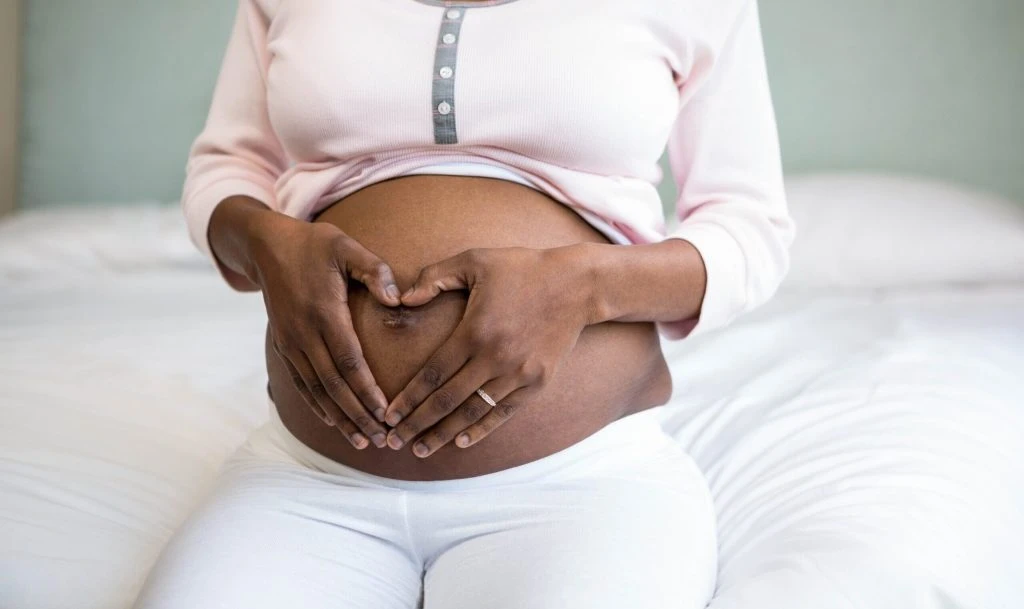Introduction:
Irregular periods can be a source of confusion and concern for many women. Understanding the various factors that can cause menstrual irregularities is crucial in addressing this common issue. This article aims to shed light on the potential reasons behind irregular periods and how to approach them.
Defining Irregular Periods:
A typical menstrual cycle ranges from 21 to 35 days. Periods are considered irregular if the cycle length varies significantly from month to month, or if menstruation is excessively heavy, light, or absent.
Common Causes of Irregular Periods:
- Hormonal Imbalances: Fluctuations in hormones, particularly estrogen and progesterone, can affect menstrual cycle regularity. This is common during puberty, before menopause, and in conditions like polycystic ovary syndrome (PCOS).
- Stress: High levels of stress can disrupt the hormonal balance, leading to irregular periods.
- Weight Changes: Significant weight gain or loss, and eating disorders like anorexia or bulimia, can cause menstrual irregularities.
- Thyroid Issues: Both an overactive and underactive thyroid gland can lead to irregular menstrual cycles.
- Over-Exercising: Excessive physical activity, particularly in athletes, can sometimes lead to missed periods or irregular cycles.
- Contraceptives: Birth control pills and intrauterine devices (IUDs) can cause changes in menstrual bleeding patterns.
Seeking Professional Advice:
If you’re experiencing irregular periods, it’s important to consult with a gynaecologist. They can conduct necessary evaluations to diagnose the underlying cause and suggest appropriate treatments or lifestyle modifications.
Lifestyle Adjustments and Remedies:
Maintaining a balanced diet, regular exercise routine, and managing stress levels can help in regulating menstrual cycles. However, these should be complemented by professional medical advice.
Empowering Your Health Journey:
Understanding your menstrual cycle is a key aspect of women’s health. If you’re facing irregularities, remember that you’re not alone, and help is available. At our London clinics in Belgravia and Dulwich, we provide expert gynaecological care to help you navigate these concerns.








